These clocks could, in theory at least, keep time so accurately they’d gain or lose less than a second over the entire age of the universe.
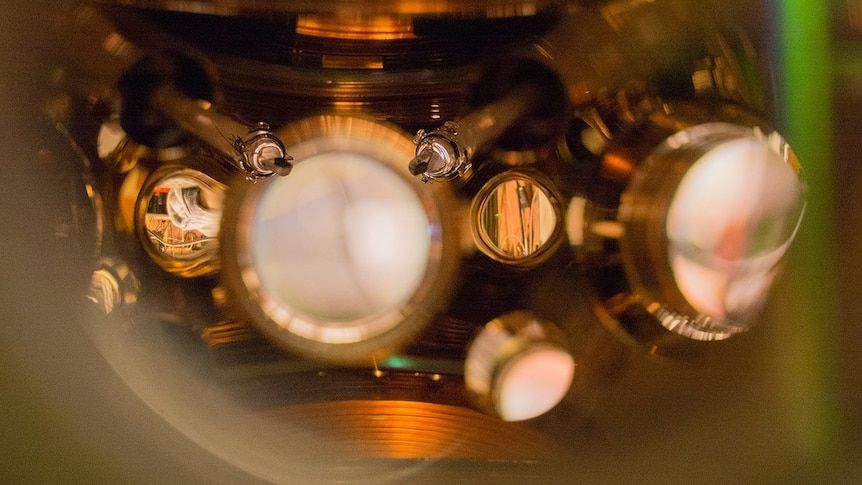

Researchers using NASA’s upcoming James Webb Space Telescope will map and model the core of nearby galaxy Centaurus A.
As technology has improved over the centuries, so have astronomers’ observations of nearby galaxy Centaurus A. They have peeled back its layers like an onion to discover that its wobbly shape is the result of two galaxies that merged more than 100 million years ago. It also has an active supermassive black hole, known as an active galactic nucleus, at its heart that periodically sends out twin jets. Despite these advancements, Centaurus A’s dusty core is still quite mysterious. Webb’s high-resolution infrared data will allow a research team to very precisely reveal all that lies at the center.

“Whooshes of creation” may be producing multiverses at this moment, says astronomer.
The cosmic inflation credited with creating the homogeneous universe which we now enjoy was likely not a one-off event, University of California, Berkeley astronomer Alexei Filippenko, told me. In fact, these ‘whooshes of creation’ may be producing multiverses even at this moment, says Filippenko.
The idea of an exponential, faster-than-light expansion of the early universe, was first put forth by MIT astrophysicist Alan Guth in 1981. And today, Inflation theory is used to explain the Cosmos’ current size, expansion, homogeneity and the fact that it appears to be geometrically flat, I noted in a 2011 issue of Astronomy magazine.
“Inflation happened within the first trillionth of a trillionth of a trillionth of a second of the universe’s existence,” said Filippenko. “It disappeared and then transformed itself into the material that eventually formed us.”
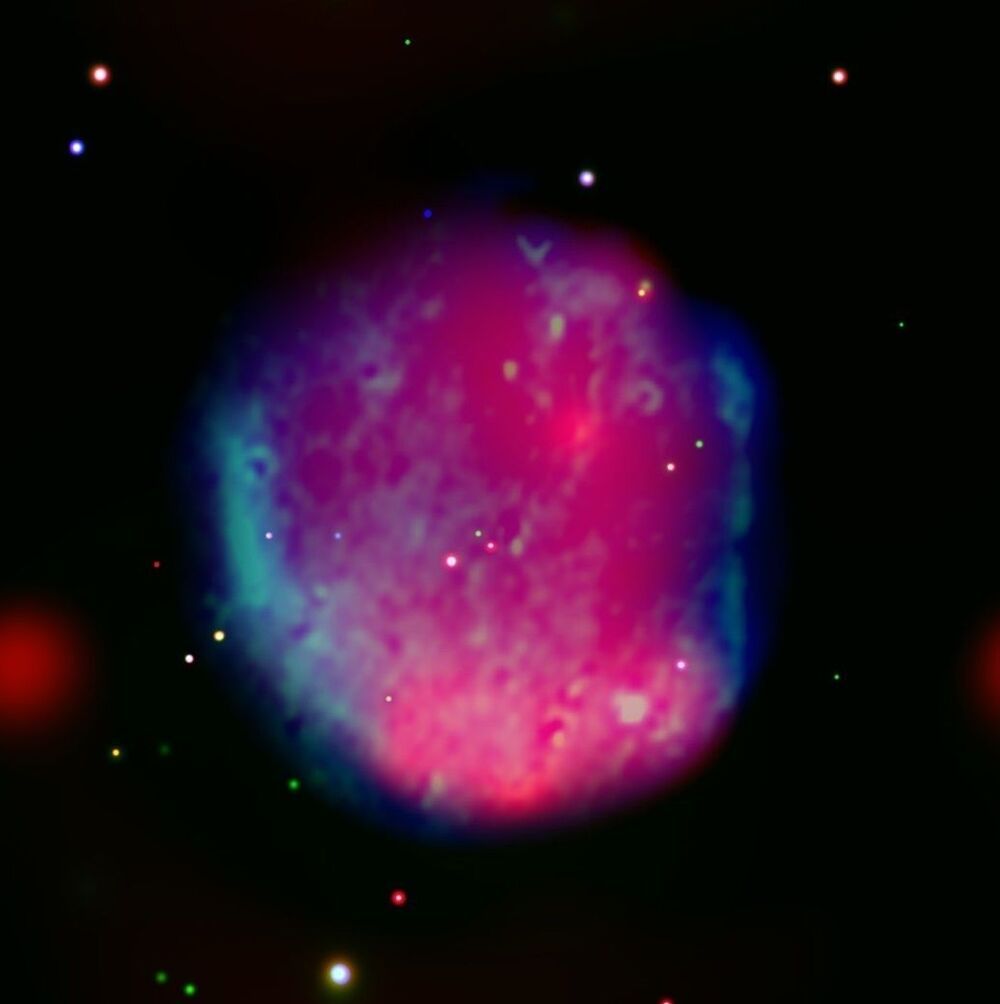
Our sky is missing supernovas. Stars live for millions or billions of years. But given the sheer number of stars in the Milky Way, we should still expect these cataclysmic stellar deaths every 30–50 years. Few of those explosions will be within naked-eye-range of Earth. Nova is from the Latin meaning “new”. Over the last 2000 years, humans have seen about seven “new” stars appear in the sky – some bright enough to be seen during the day – until they faded after the initial explosion. While we haven’t seen a new star appear in the sky for over 400 years, we can see the aftermath with telescopes – supernova remnants (SNRs) – the hot expanding gases of stellar explosions. SNRs are visible up to a 150000 years before fading into the Galaxy. So, doing the math, there should be about 1200 visible SNRs in our sky but we’ve only managed to find about 300. That was until “Hoinga” was recently discovered. Named after the hometown of first author Scientist Werner Becker, whose research team found the SNR using the eROSITA All-Sky X-ray survey, Hoinga is one of the largest SNRs ever seen.
Hoinga is big. Really big. The SNR spans 4 degrees of the sky – eight times wider than the Full Moon. The obvious question – how could astronomers not have already found something THAT enormous? Hoinga is not where we typically are looking for supernova. Most of our SNR searches are focused on the plane of the Galaxy toward the Milky Way’s core where we’d expect to find the densest concentration of older and exploded stars. But Hoinga was found at high latitudes off the plane of the Galaxy.
Furthermore, Hoinga hides in the sky because it’s so large. At this scale, the SNR is difficult to distinguish from other large structures of dust and gas that make up the Galaxy known as the “Galactic Cirrus.” It’s like trying to see an individual cloud in an overcast sky. The Galactic Cirrus also outshines Hoinga in radio light, often used to search for SNRs, forcing Hoinga to hide in the background. Cross referencing with older radio sky surveys, the research team determined Hoinga had been observed before but was never identified as an SNR due to its comparatively faint glow in radio. Here eROSITA has an advantage as it sees X-rays. Hoinga shines brighter in X-ray light than the Galactic Cirrus allowing it to stand out from the Galaxy to be discovered.
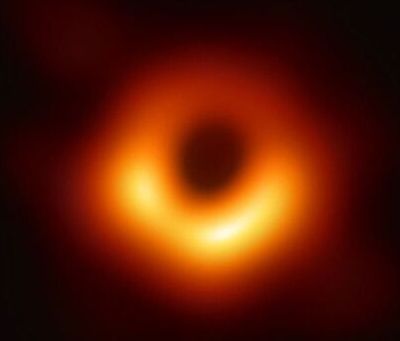
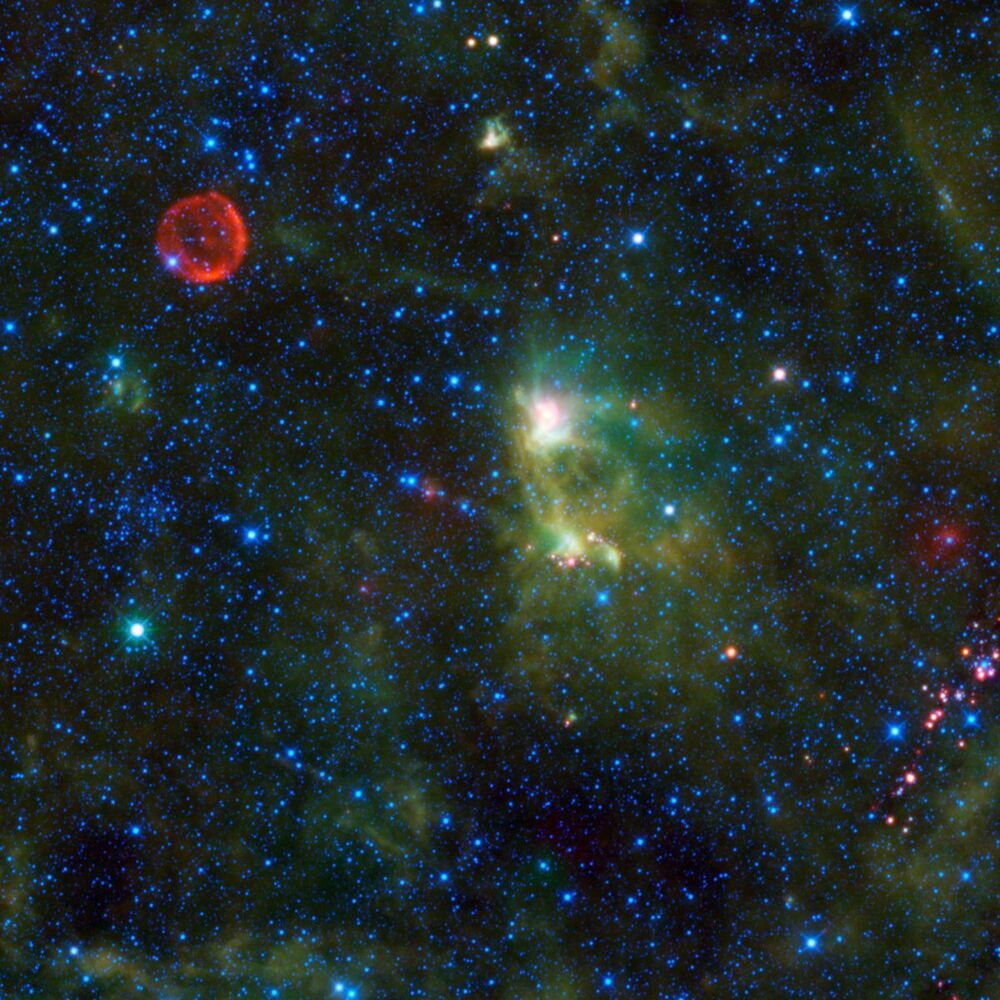
Tyson’s latest book “Cosmic Queries” covers the gamut from early Earth’s pond scum to potential multiverses to out-of-the-box ideas about the potential that we live in a false vacuum cosmos.
After the past year’s pandemic pall, it’s nice to be reminded that we remain inextricably connected to the cosmos beyond Earth’s atmosphere. In the new book “Cosmic Queries: StarTalk’s Guide to Who We Are, How We Got Here, and Where We’re Going,” astrophysicist and StarTalk podcast host Neil DeGrasse Tyson, along with George Mason University physics professor James Trefil, clearly remind us of our cosmic legacy.
Tyson, Director of New York City’s Hayden Planetarium at the American Museum of Natural History, is well known for his ability to provoke the public into thinking harder about our place in the cosmos. And “Cosmic Queries” does just that. Tyson and Trefil succinctly lead the reader through almost every aspect of cosmic history while addressing age-old questions with new verve.
Designed with a wealth of graphic and color images with pithy captions, the book is also peppered with amusing tweets from Tyson’s own Twitter account over the last decade. The book and his tweets touch on some of StarTalk’s recurring themes, such as Why is the universe the way it is? Are we alone? And how it all began and how it might all end?
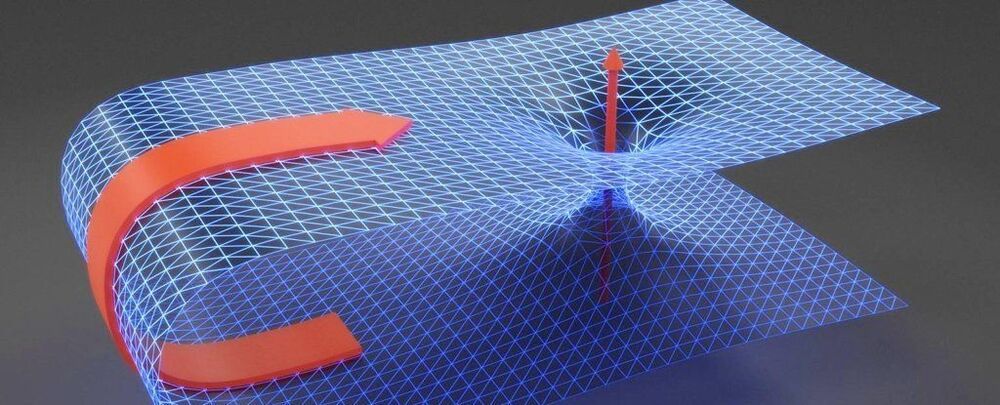
In my last post, I talked about the idea of warp drive and whether it might one day be possible. Today I’ll talk about another faster-than-light trick: wormholes.
Wormholes are an old idea in general relativity. It’s based on work by Albert Einstein and Nathan Rosen, who tried to figure out how elementary particles might behave in curved spacetime. Their idea treated particle-antiparticle pairs as two ends of a spacetime tube.
This Einstein-Rosen Bridge would look like a black hole on one end, and an anti-black hole, or white hole, on the other end.

A new type of maser made from periodically driven xenon atoms can detect low frequency magnetic fields far better than any previous magnetometer, according to scientists in China and Germany. The researchers believe their device is ready for use in a proposed gravitational wave search and might in future be used to find hypothetical dark matter particles.
Masers are the microwave-wavelength equivalent of lasers and their extreme frequency stability allows them to make invaluable contributions to atomic clocks, radio telescopes and several other areas of physics. In a traditional maser – as in a traditional laser – the masing action occurs between two energy levels in an atomic or molecular gain medium confined in a cavity. As electromagnetic radiation bounces back and forth in the cavity, photons whose frequency is resonant with the energy difference between the two levels are repeatedly emitted and absorbed by the atoms. Eventually, a “population inversion” with more atoms in the upper level is achieved, and stimulated emission from these atoms produces a highly monochromatic beam of microwave radiation.
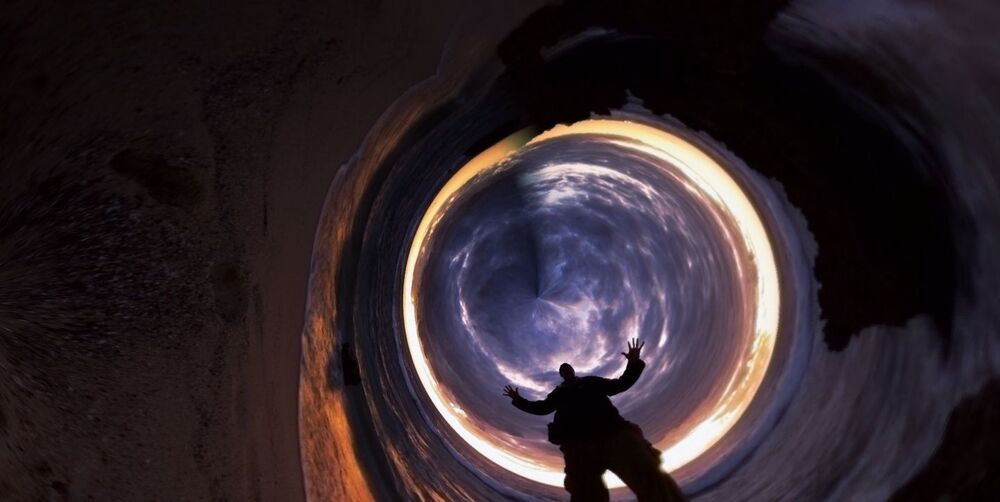
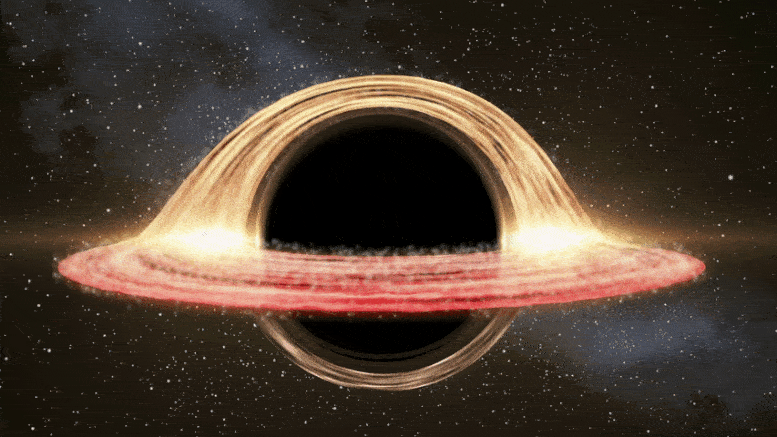
What is the origin of black holes and how is that question connected with another mystery, the nature of dark matter? Dark matter comprises the majority of matter in the Universe, but its nature remains unknown.
Multiple gravitational wave detections of merging black holes have been identified within the last few years by the Laser Interferometer Gravitational-Wave Observatory (LIGO), commemorated with the 2017 physics Nobel Prize to Kip Thorne, Barry Barish, and Rainer Weiss. A definitive confirmation of the existence of black holes was celebrated with the 2020 physics Nobel Prize awarded to Andrea Ghez, Reinhard Genzel and Roger Penrose. Understanding the origin of black holes has thus emerged as a central issue in physics.
Surprisingly, LIGO has recently observed a 2.6 solar-mass black hole candidate (event GW190814, reported in Astrophysical Journal Letters 896 (2020) 2, L44). Assuming this is a black hole, and not an unusually massive neutron star, where does it come from?